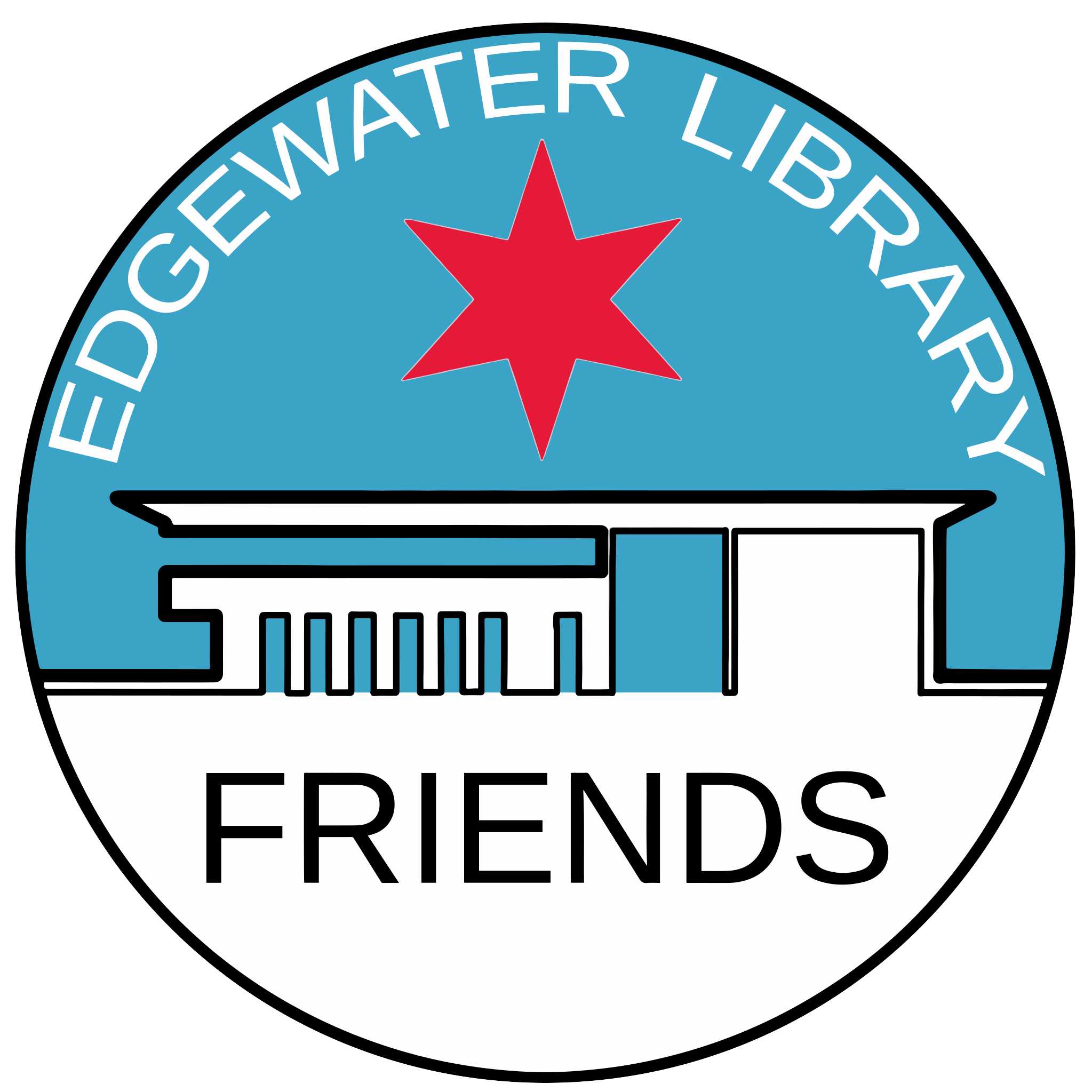Civic Literacy
Why should you contact your government representatives? What do you say? Does it matter?
In her March 15 presentation, “Civic Literacy – Reach Your Government Representatives,” Meghan Leonard, Ph.D., stressed the importance of contacting our city, state, and federal representatives.
There are two main reasons to do so, she said. “One is when you need help accessing a government resource that you cannot access through traditional means.” This includes Social Security, Medicare, veterans benefits, immigration paperwork, and letters for military academies.
“The second reason is to share your opinion on a political issue or policy that your representative has the ability to change or improve,” Meghan said. For instance, if Congress or the Illinois State Legislature is debating a bill that you feel strongly about, you can call or email your representatives to let them know your opinion about that legislation.
“In a representative democracy, those we elect represent us in government,” Meghan said. “They should act in their constituents’ best interest. However, they may not always know how their constituents feel about an issue, so sharing your opinion gives them this information.”
Meghan shared examples of what you can say when contacting your city, state, or federal representative. She explained that making contact is not only for your self-interest, but it’s also in the representative’s best interest. “We know an important goal of elected representatives is to get reelected,” she said. “So, when constituents share their opinions on issues, they take that information seriously and consider it when making a decision as it could affect their reelection.”
Why I wanted to make this preseantion.
I wanted to do this because I believe so strongly in our democracy. In a democracy, our representatives work for us and the best way for them to do so is to tell them directly what we want or need.
Democracy requires the participation of the people, and while voting is the most direct and important way to participate, learning how to follow up on your vote is imperative.
— Meghan Leonard, Ph.D.
About Meghan
Meghan Leonard, Ph.D. is an associate professor of political science at Illinois State University, a resident of Edgewater, and an active member of the Friends of the Edgewater Library. She advocates for voting rights and works on campus to increase student voter turnout. She gives talks to student and community groups on voting, voter suppression, and political participation. She has served as an Electoral Engagement Fellow and works often with local media to help explain American politics. She has also served as an intern in the US House of Representatives and the Massachusetts State Senate and has answered hundreds of constituent calls in that capacity.
Resources

